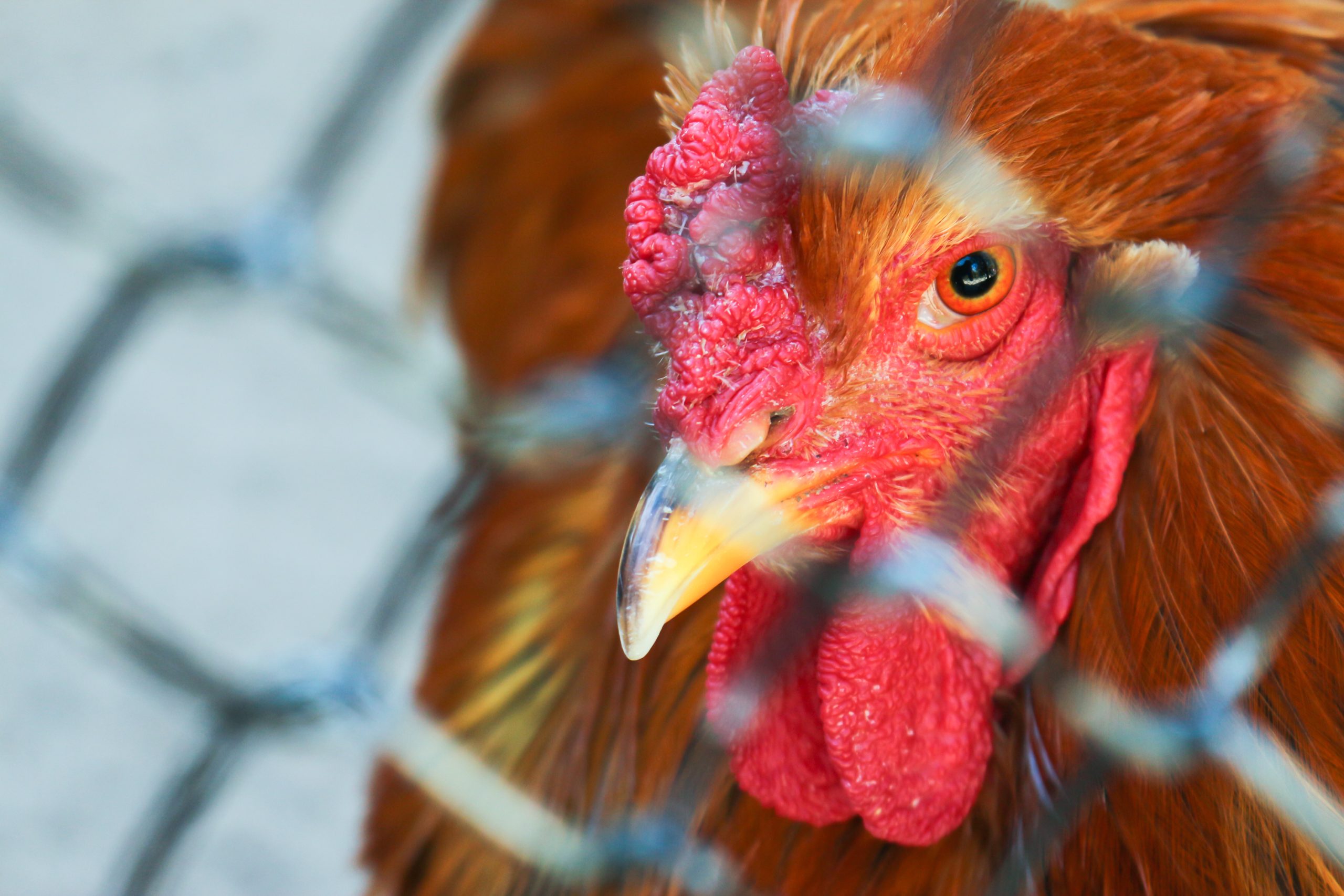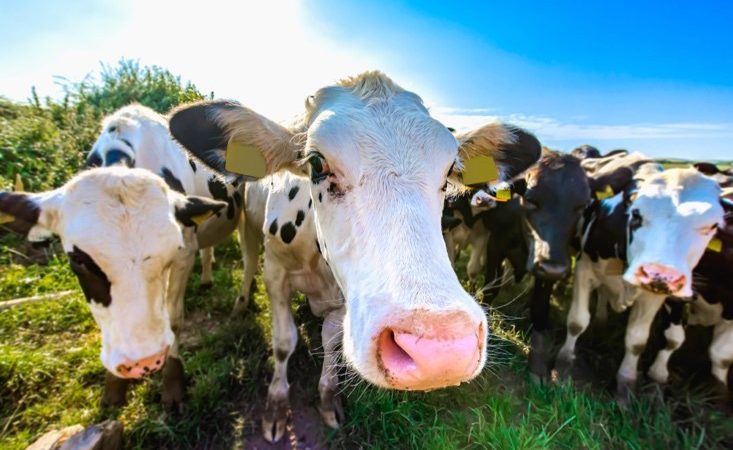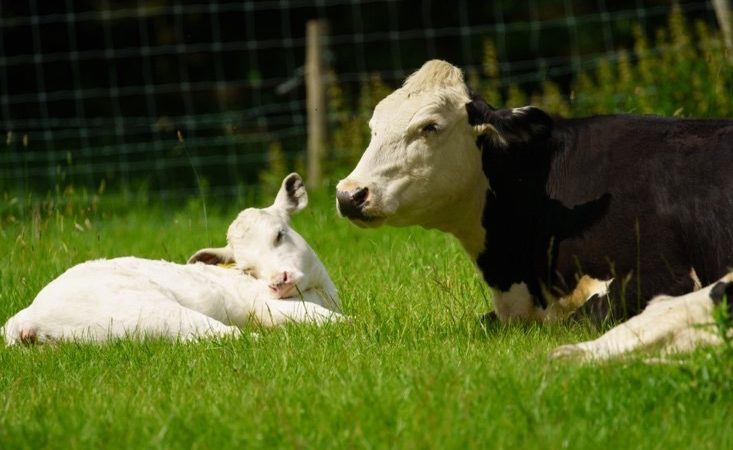Avian flu outbreak sparks fears over disease in NI

All poultry in Norfolk, Suffolk and parts of Essex must be kept indoors from Wednesday, as part of a ramping-up of measures to prevent avian flu spreading.
The affected areas were placed in an Avian Influenza Prevention Zone last month, after a series of outbreaks.
There have been 161 cases in captive birds detected in the past year – the UK’s largest ever outbreak.
In Staffordshire, birds are due to be culled after the disease was found.
The Department for Environment, Food and Rural Affairs said the (HPAI) H5N1 strain of avian influenza was found in captive birds at a property on Friday and a monitoring and controlled zone has been set up around the premises.
All birdkeepers in affected areas will be legally required to keep their flocks indoors and follow stringent biosecurity measures to help protect them from the disease, the Department for Environment, Food and Rural Affairs (Defra) said.
Around 48m birds have been culled in the UK and the EU this year, amid the spread of highly pathogenic avian influenza.
The government has said the 3.2m birds culled in the UK were a “small proportion” of total production – about 20m birds a week.
More than 1,700 cases have also been recorded in the UK’s wild bird population, in 406 locations involving 59 species.
In Northern Ireland, six commercial and backyard flocks were culled this year after the detection of the highly infectious strain, HPAI H5N1.
Six outbreaks were also confirmed in the Republic, mostly in County Monaghan, and one in County Cavan.
In Great Britain, there weren 109 outbreaks since the first was detected in October 2021.
Scientists do not yet fully understand why these outbreaks have been worse than in previous years and researchers have been tasked with finding out why the current virus strain has led to a longer outbreak and why some birds, such as ducks, are resistant to some strains.






